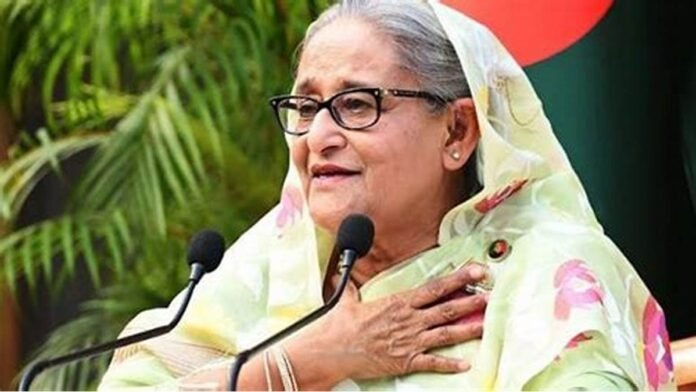In the realm of international relations, actions often have repercussions that extend far beyond their intended consequences. The recent call for a boycott of Indian products in Bangladesh serves as a poignant example of this phenomenon, highlighting the complexities of economic diplomacy and the potential for unintended backlash.
The seeds of the boycott were sown amidst simmering tensions between India and Bangladesh over a range of political and economic issues. The Indian government’s decision to implement controversial policies, such as the Citizenship Amendment Act (CAA) and the National Register of Citizens (NRC), drew sharp criticism from Bangladesh, which expressed concerns about the potential impact on millions of Bangladeshi migrants residing in India.
In response to these perceived affronts to its sovereignty and the rights of its citizens, Bangladesh’s government and civil society organizations called for a boycott of Indian goods and services. The campaign gained traction on social media platforms, where hashtags such as #BoycottIndianProducts began trending, and calls for economic retaliation reverberated across the country.
At first glance, the boycott appeared to be a potent weapon in Bangladesh’s arsenal, a non-violent means of expressing discontent and exerting pressure on its larger neighbor. However, as events unfolded, it became increasingly clear that the boycott was not without its own set of consequences, many of which were unforeseen and unintended.
One of the most immediate impacts of the boycott was felt by Bangladeshi consumers themselves, who rely heavily on Indian imports for everyday goods ranging from electronics to household essentials. With Indian products disappearing from store shelves, consumers faced limited options and higher prices, exacerbating the financial strain on already vulnerable households.
Furthermore, the boycott threatened to disrupt the intricate web of trade and commerce that binds India and Bangladesh together, potentially derailing bilateral relations and jeopardizing the progress made in recent years towards enhancing economic cooperation. Indian businesses operating in Bangladesh voiced concerns about the viability of their investments, while Bangladeshi exporters faced the prospect of losing access to lucrative Indian markets.
The boomerang effect of the boycott was also felt in India, where businesses reliant on exports to Bangladesh braced for the impact of reduced demand and increased trade barriers. Industries such as textiles, pharmaceuticals, and automotive components, which have flourished thanks to the close economic ties between the two countries, found themselves caught in the crossfire of escalating tensions.
Moreover, the boycott threatened to undermine the broader strategic objectives of both countries, which have sought to foster greater regional integration and connectivity through initiatives such as the India-Bangladesh Friendship Pipeline and the Kolkata-Dhaka-Agartala Bus Service. By erecting barriers to trade and cooperation, the boycott risked derailing these ambitious endeavors and perpetuating a cycle of mistrust and animosity.
As the fallout from the boycott reverberated across the region, policymakers on both sides of the border scrambled to contain the damage and seek a way forward. Dialogue channels were reopened, and diplomatic efforts intensified in a bid to de-escalate tensions and find common ground on contentious issues.
In the end, the boycott served as a stark reminder of the interconnectedness of the global economy and the futility of unilateral actions in a world where countries are increasingly reliant on each other for prosperity and security. Rather than resorting to knee-jerk reactions and tit-for-tat measures, the incident underscored the importance of dialogue, cooperation, and mutual understanding in addressing shared challenges and building a more stable and prosperous future for all.
As India and Bangladesh navigate the aftermath of the boycott, the episode serves as a cautionary tale about the perils of economic nationalism and the need for greater foresight and restraint in the conduct of international affairs. By learning from the lessons of the past and embracing a spirit of cooperation and compromise, the two countries can forge a path towards a more resilient and mutually beneficial relationship in the years to come.

